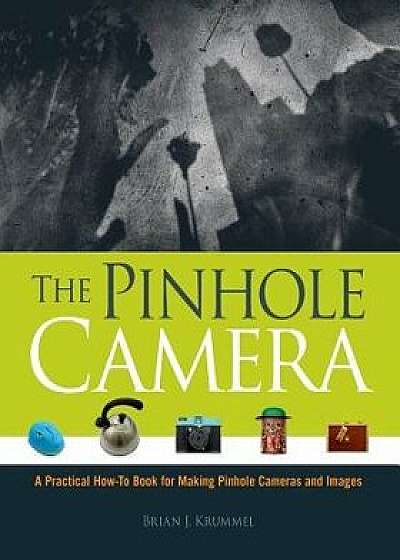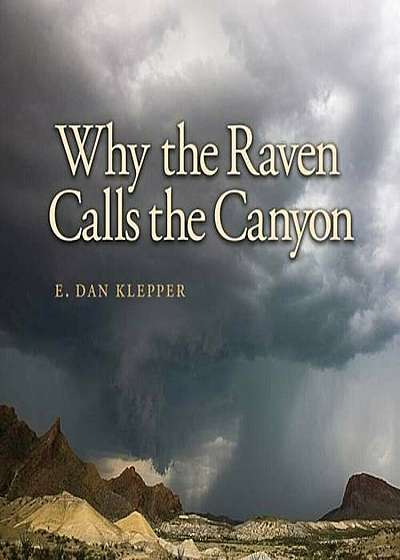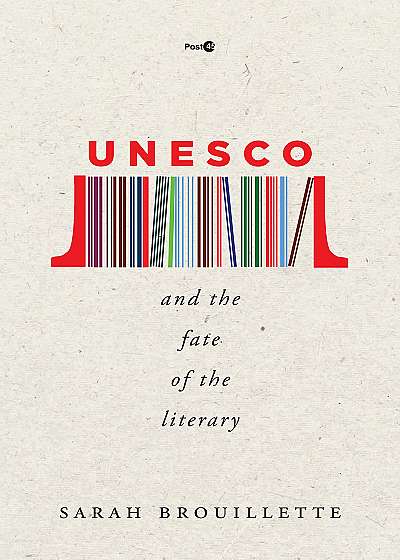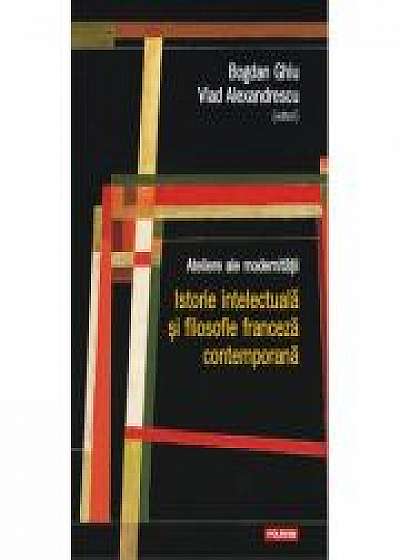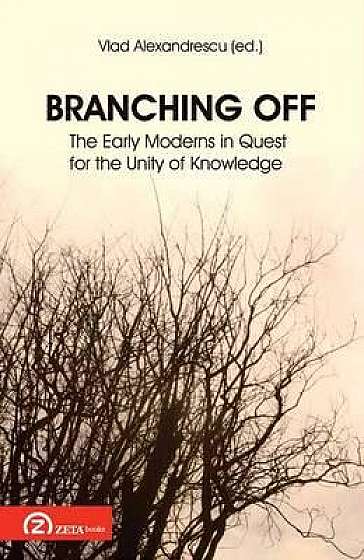
Branching Off. The Early Moderns in Quest for the Unity of Knowledge
Descriere
As Francis Bacon put it on the frontispiece of his Novum Organum, grafting an apocalyptic vision on a research program, multi pertransibunt et multiplex erit scientia. The development of science becomes steadily associated with the end of earthly life, a theme that would resound deeply in Western thought up until Goethe’s Faust. What grounds then the multiplicity of knowledge? What is the common trunk out of which all realms of knowledge unfold, like the burgeoning branches of the celebrated tree? After the Augustinian imprint of the first Christian centuries and after the admirable effort of the high scholastics’ Aristotelian and Christian synthesis, the seventeenth century undertakes new scientific work with the need of a new steady ground. All the big names of the modern era, Francis Bacon, Galileo, Descartes, Robert Boyle, Spinoza or Leibniz, found themselves engaged in the search for a common trunk of wisdom, each of them nourishing the intimate conviction that they possessed the philosophical core which would satisfy the learned men’s newly found appetite for indefinitely extending knowledge. In doing this, all of these masters needed to confront the philosophical tradition that they received, reworking and merging together the old structures of science through this epistemological prism of the search for the unity of knowledge. (Vlad Alexandrescu)

